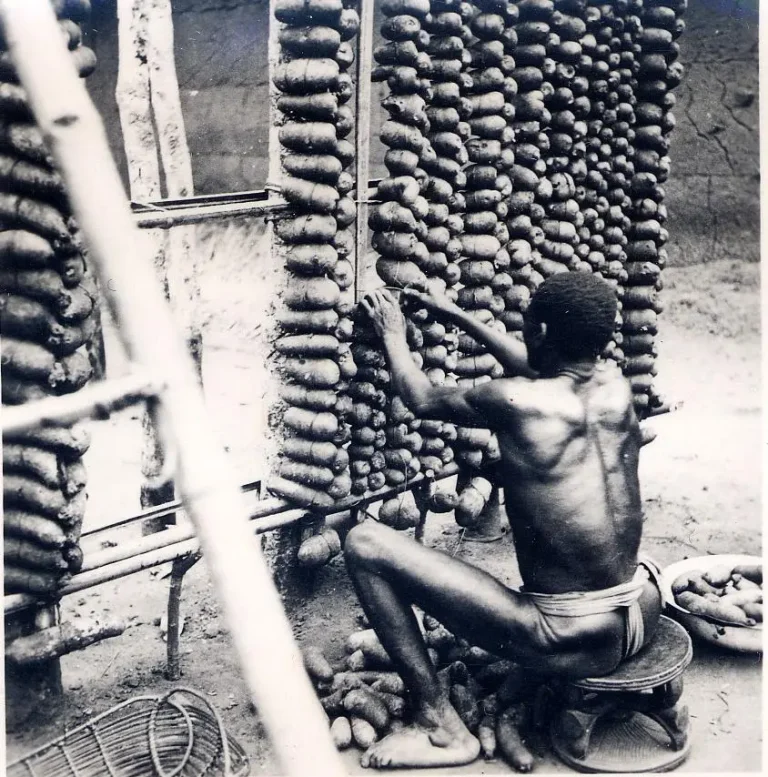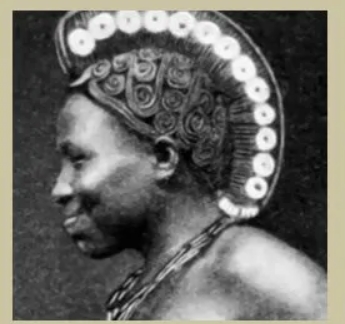Brief history of Awkunanaw.
Awkunanaw (also spelt Okunano) is one of the sub-clans that make up the Ntuegbenese clan, hence Awkunanaw Ntuegbenese. The Ntuegbenese clan comprises only five groups, all of which share a common legendary founding father whose name is known as Ntuegbe Eze. His five sons who came to be the founding fathers of the five sub-clans of Ntuegbenese are Ogwuwgwu, Owelli, Ihe, Agbogwugwu and Awkunanaw (Osagwede) or Akegbe-Eze. These towns are arranged in sequential order of their traditional seniority; this indicates that Ogwugwu is the eldest son (Ekwomchi in Nnaji n.d.).
There are various versions of opinions and submissions about the origin of Awkunanaw. Most of these records of the origin of Awkunanaw are orally represented. One of the notable versions reports that UbaOjene, a hunter who came from the Akaeze area and settled in Ogwugwu, was the progenitor of Ntuegbenese. When Ntuegbenese came to the age of responsibility, he married two wives. One gave birth to three boys namely, Ogwugwu, Agbogwugwu and Awkunanaw in order of elderly. The other wife gave birth to two boys namely, Owelli and Ihe in elderly order. Their father Ntuegbenese was known as Shikeaguma, but the names of these five sons came as a result of where they settled, not the original names given to them (Enechukwu 1993). The present-day Awkunanaw, otherwise called contemporary Awkunanaw, is found under the two following Local Government Areas in Enugu State. One is Enugu South where Amechi Awkunanaw, Ugwuaji Awkunanaw, Obeagu Awkunanaw and Akwuke Awkunanaw belong. The other one is Nkanu West where communities such as Amodu Awkunanaw, Obuofia Awkunanaw, AkegbeUgwu Awkunanaw and Umueze Awkunanaw belong.
Awkunanaw (Okunano) people used to be industrious independent farmers, whose social outlook and customs have been seriously influenced by their proximity to Enugu Township.
Farming used to count 100% of what the people of Okunano did for their living. Today, from the influence of urbanisation and proximity to the township, the status of the occupation of the people of Okunano changed, such that farming cannot count up to 30% of the clan’s population. Of course, it will not be far from the truth that those who practise farming do so as a part-time job. (That is supplementary to white-collar jobs).
Because of the dynamic nature of culture, the occupations of the whole communities of Okunano have greatly changed to civil service. In recent times and because of the nearness of Ogbete main market, Kenyatta market and Afor Okunano market, a number of the citizens of Okunano have joined the business world in the activities of buying and selling goods and services. The success of those in the business class has reduced the original occupation of farming to a part-time activity or hobby rather than a major means of living for the people. The surge into the business of buying and selling has adversely affected both the number entering schools and those wishing to do civil service jobs. This is a complete redirection of people’s occupation.
Moreover, a good number of the sons and daughters of Okunano have shown interest in modern politics and have even produced politicians of local, national and international reputes (Nwobodo 2001). Different political positions held by indigenes of Awkunanaw from Old Anambra State to date authenticate this claim.



